Of course it’s a significant move. Not that it happened today… or was unexpected. It’s been evolving in front of our eyes, the significant news IMHO is not the pricing, but the Service Level guarantee of 99.9%.
(Well, on second thought, there is a surprise: where is JotSpot?)
But is there anything else to discuss? Not really, already dozens of posts appeared, and before you know TechMeme will become useless for the next two days, as it will be completely overwhelmed with me-too posts on the Google announcement.
I’ve actually been planning a more speculative post on Google’s foray into the SMB Business Applications market, but that will now have to wait for the echo to die off….
Update: Hehe .. Robert got to the same conclusion.
Update (2/22): Sound of reality from Zoho’s CEO:
“Our business plan is not based on us beating Microsoft or Google, it is based on serving customers well enough to earn a profitable share of the market. Business is not superbowl, though it often appears that way in a 24×7 news cycle. It is perfectly possible for a smaller company to offer a compelling product to customers and earn a perfectly good living, without “winning” the market.”

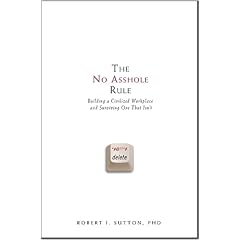 Apologies, I don’t mean to offend anyone… but there’s no other way to refer to Stanford Prof. Bob Sutton’s book,
Apologies, I don’t mean to offend anyone… but there’s no other way to refer to Stanford Prof. Bob Sutton’s book,  And now we’re getting to the title of this post: the button on the left takes you to the
And now we’re getting to the title of this post: the button on the left takes you to the



 Enterprise 2.0 as such but the debate itself, and as such self-referential and unacceptable as an independent source…)
Enterprise 2.0 as such but the debate itself, and as such self-referential and unacceptable as an independent source…)
 ), but that carries the risk of the Playbook becoming just another discussion forum. Perhaps we should all heed the advice under
), but that carries the risk of the Playbook becoming just another discussion forum. Perhaps we should all heed the advice under 
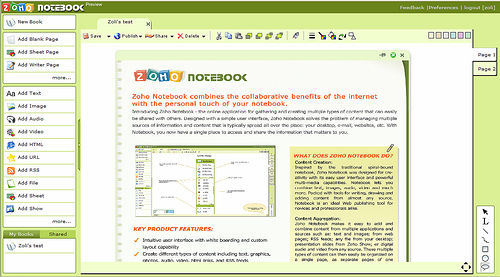
 and in the meantime, enjoy this
and in the meantime, enjoy this  . Update (1/31): In the same post I’ve just referred to, Dennis says: “Zoli Erdos has an interesting take on whether the collaboration features put Notebook in the same class as a wiki.”
. Update (1/31): In the same post I’ve just referred to, Dennis says: “Zoli Erdos has an interesting take on whether the collaboration features put Notebook in the same class as a wiki.” My regular readers know I’m a big
My regular readers know I’m a big 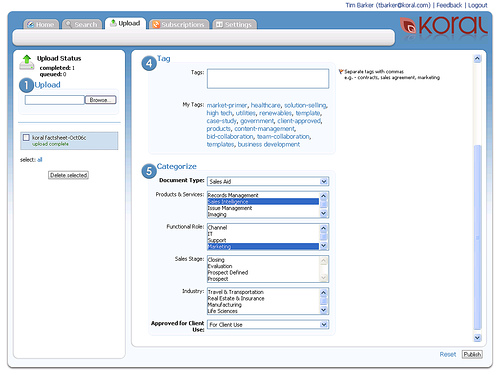
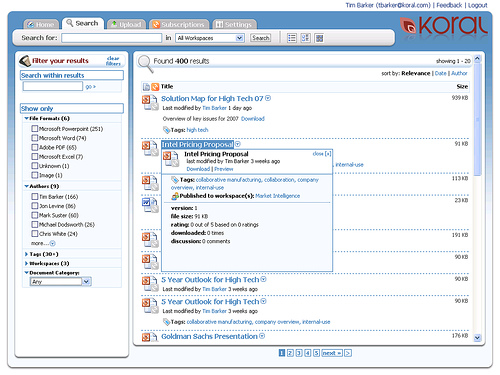
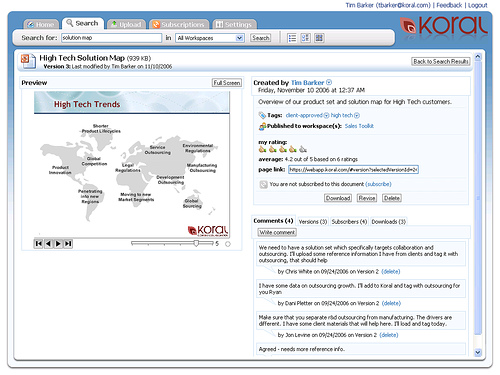
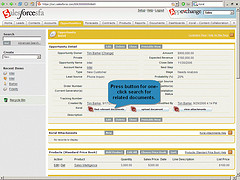
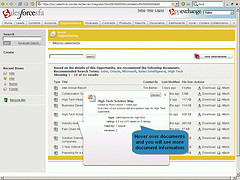
 It’s not everyday that a Google product announcement goes largely unnoticed. That’s exactly what happened yesterday when
It’s not everyday that a Google product announcement goes largely unnoticed. That’s exactly what happened yesterday when 
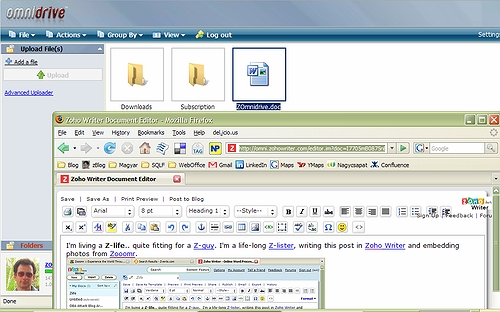

Recent Comments